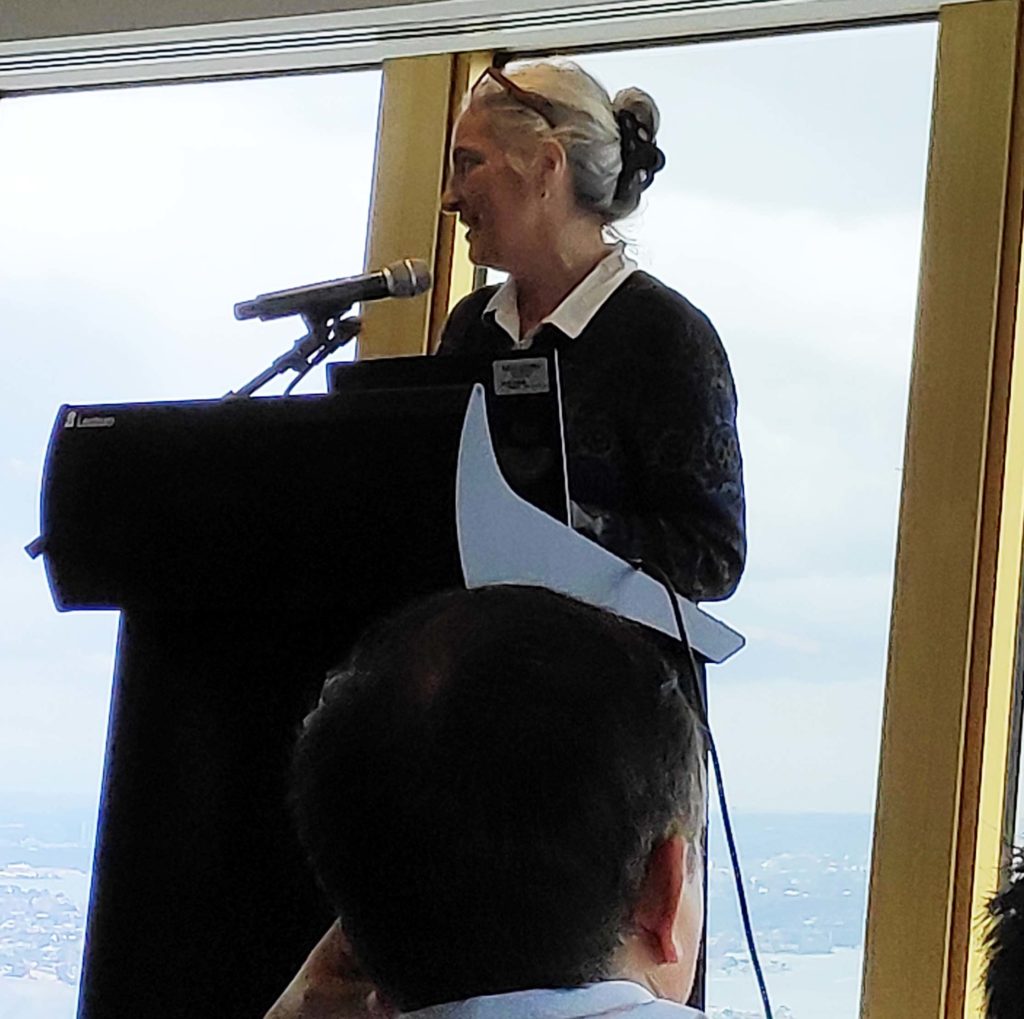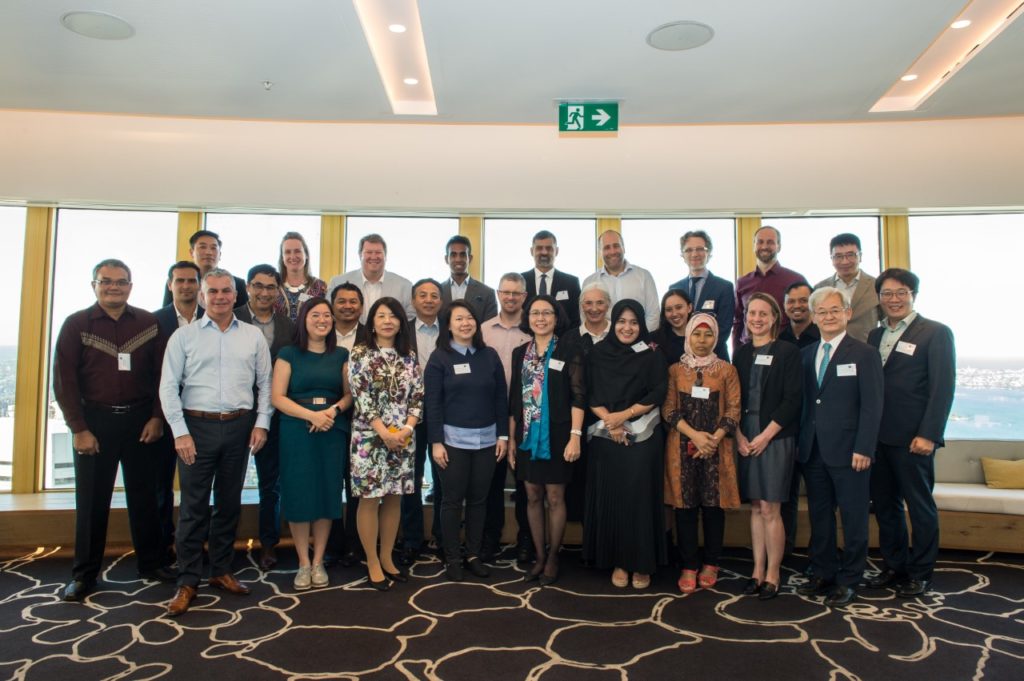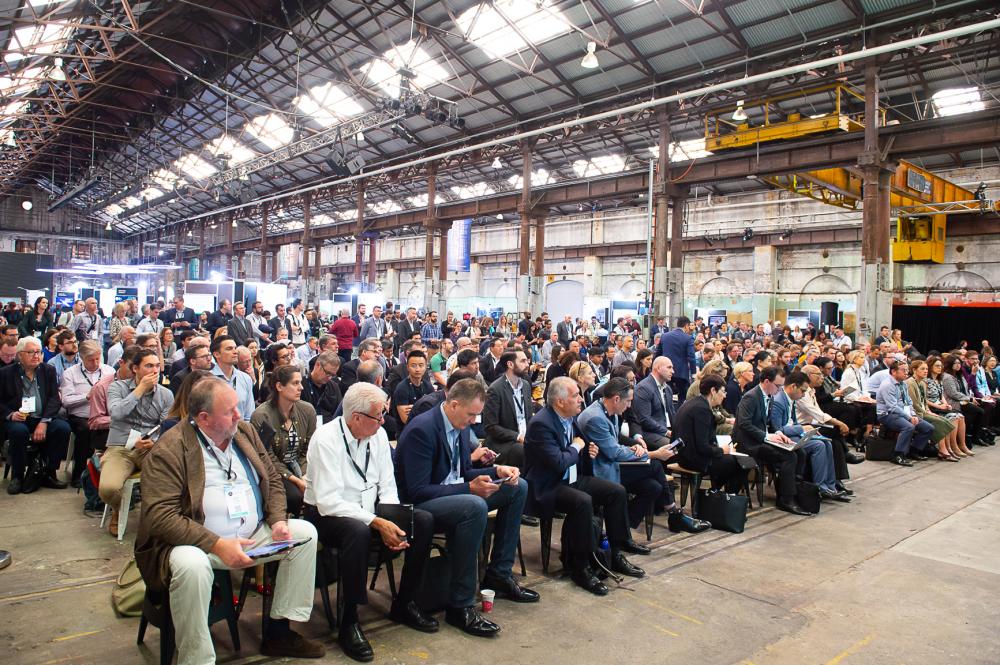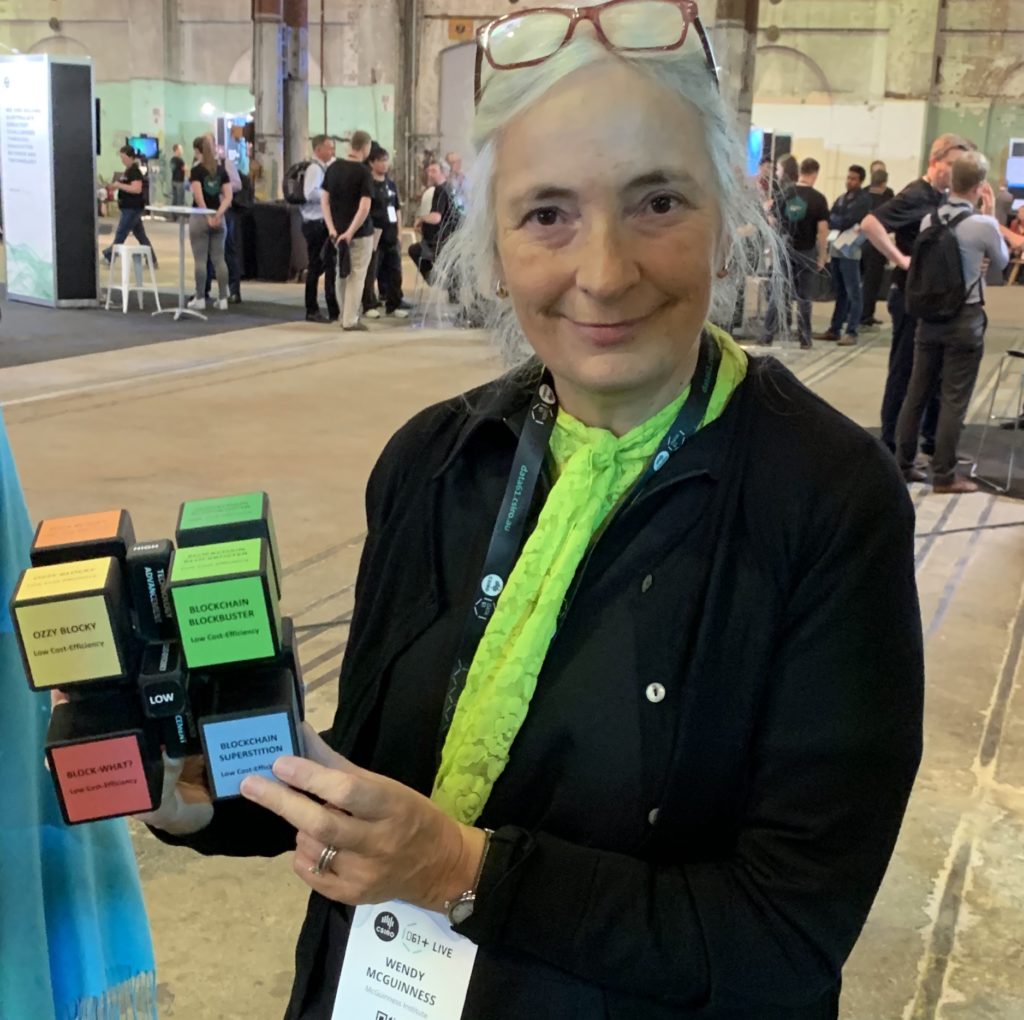I was invited to be part of the Asia Pacific Foresight Group (APFG), a small group of strategic foresight practitioners working in NGOs, governments, and different industries across 32 countries in the Asia Pacific region. The inaugural meeting was held in Sydney from 30 September to 1 October 2019. The group set out to explore plausible futures for the Asia Pacific region given the significant ecological and technological change occurring, and to provide impartial, evidence-based policy advice. The meeting also aimed to test whether the APFG could meet on a regular basis to continue to discuss emerging trends for the region.
The objectives of the APFG are as follows:
- To identify cross-border trends and megatrends that will impact on Asia Pacific nations and organisations in the next 10–20 years.
- To create a shared dialogue about plausible future events to foster collaboration and cooperation amongst Asia Pacific countries.
- To build and develop strategic foresight capability in partner agencies across the region.
- To build a database of trends relevant to member countries in the Asia Pacific region made available via an easy-to-use and low-maintenance online platform.
- To publish a statement after each annual or bi-annual dialogue on the large trends likely to most impact the Asia Pacific region in the next 10–20 years.
Each participant was invited to talk about a ‘megatrend’ that may impact the Asia Pacific region over the next 5–20 years. A megatrend is seen as a significant change that has long-term consequences for the strategic and operational environment of governments, companies and communities. Given the McGuinness Institute’s climate change focus throughout 2019, I presented on climate disruption, with a specific focus on climate reporting.

Wendy McGuinness presents to the APFG
My presentation slides can be downloaded here or viewed below.
The APFG group intends to work closely with OECD’s Government Foresight Community, with the goal of building strategic knowledge and expertise within an unpredictable political and ecological environment. The organisers of the APFG aim to produce a report that collates the identified megatrends facing the Asia Pacific region and outline the group’s recommendations for preferred futures. These learnings can then be utilised by governments, companies and communities across the world. It was a terrific experience and one that I thoroughly enjoyed.
I will continue to share any information on and developments from the APFG (including publications) on the McGuinness Institute’s social media pages. It is fantastic to see cross-country and cross-industry collaboration, particularly the use of foresight skills to plan for future trends that may shape the Asia Pacific region. I am looking forward to seeing how the discussions with this group develop.

Asia Pacific Foresight Group at Sydney Tower, Sydney
Data61+ LIVE conference
Members of the APFG were also invited to attend the Data61+ LIVE conference held on 2–3 October at Sydney Carriageworks. The conference explored significant data science and technologies that are shaping industries, experiences and societies throughout the world. The theme for 2019 was ‘intelligence amplified’, focusing on the rise of artificial intelligence and how its development can enable large-scale impact. The blog posts written by the organisers can be found here.

Attendees listening to a panel discussion at Sydney Carriageworks
A highlight for me was listening to Yaël Eisenstat, a strategist who has previously worked for the CIA and Facebook, as well as with governments and investors who look to understand and improve the intersection of ethics, technology, security and policy. Yaël’s presentation asked questions such as ‘Do companies, governments, apps and social media platforms know too much about us?’, ‘Are the individuals designing and applying social media methods of engagement cognisant of their own bias?’, ‘Who teaches them to identify their own assumptions?’ and ‘Can we trust digital platforms to act ethically? To illustrate this bias, Yaël put up a list of about 20 words on the screen for the audience to see, such as dream, pillow, mattress, rest and slumber. The audience were asked to quickly look at the words, and then the words were removed from view. The speaker then asked the audience to write down all the words they recalled from the list. The most common word recalled by an audience of about 500 people was ‘sleep’. However, sleep was not a word that was on the original list. Yaël used this exercise to show how mistakes are made because people create links between similar situations – people used past experiences (the original words on the screen) and then imposed a perceived idea onto future decision-making (recalling the words).

Wendy uses the 3D scenario tool at Data61+ LIVE
The conference also incorporated foresight tools to enable attendees to think about how technology and data can assist in strategic foresight thinking. In the photo above I am using an interactive foresight cube; the cube encourages users to think beyond two-dimensional planning and towards more layered and complex problem-solving. I will be using this 3D concept in future McGuinness Institute research.
All in all, my ‘mini research trip’ was very illuminating and has given me a lot to think about, particularly as I begin considering the Institute’s work programme for 2020. Thank you Australia for your foresight and your hospitality!
